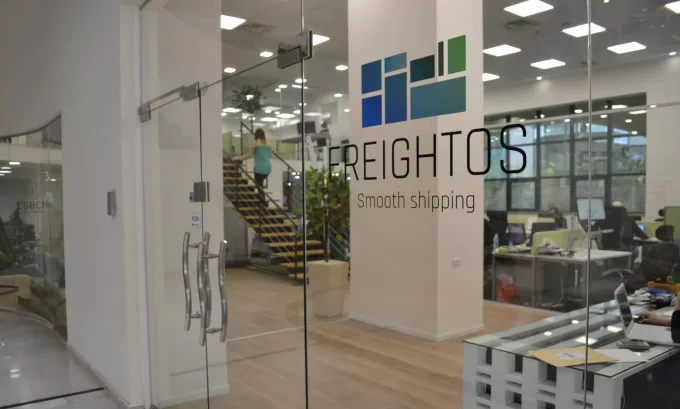Solid results in '24 and a good start to '25, says bullish Hapag-Lloyd CEO
German container shipping line Hapag-Lloyd appears to have slightly lost market share last year, today ...

UPDATED 28.11.24 TO INCLUDE FREIGHTOS INPUT AND REMOVE REFERENCE TO GUILLAUME HALLEUX
Freightos’ share price fell yesterday as it announced a Q3 operating loss of $4.9m, albeit an improvement on 2023’s Q3 loss of $9.3m.
But while it continues to be unprofitable, revenues rose to $6.2m in the quarter, up 21% from a year earlier. Adjusted ebitda came in at -$2.8m, up from a loss of $4.1m a year earlier. It has $41.3m in cash in the bank.
Freightos is now one of ...
Volcanic disruption at Anchorage could hit transpacific airfreight operations
Macron calls for ‘suspension’ – CMA CGM's $20bn US investment in doubt
De minimis exemption on shipments from China to the US will end in May
Trump tariffs see hundreds of cancelled container bookings a day from Asia
Forwarders stay cool as US 'liberation day' tariffs threaten 'global trade war'
Mixed response in US to 'Liberation Day', while China leads wave of retaliation
Tariffs and de minimis set air freight rates on a volatile course
Overcapacity looms for ocean trades – with more blanked sailings inevitable

Comment on this article